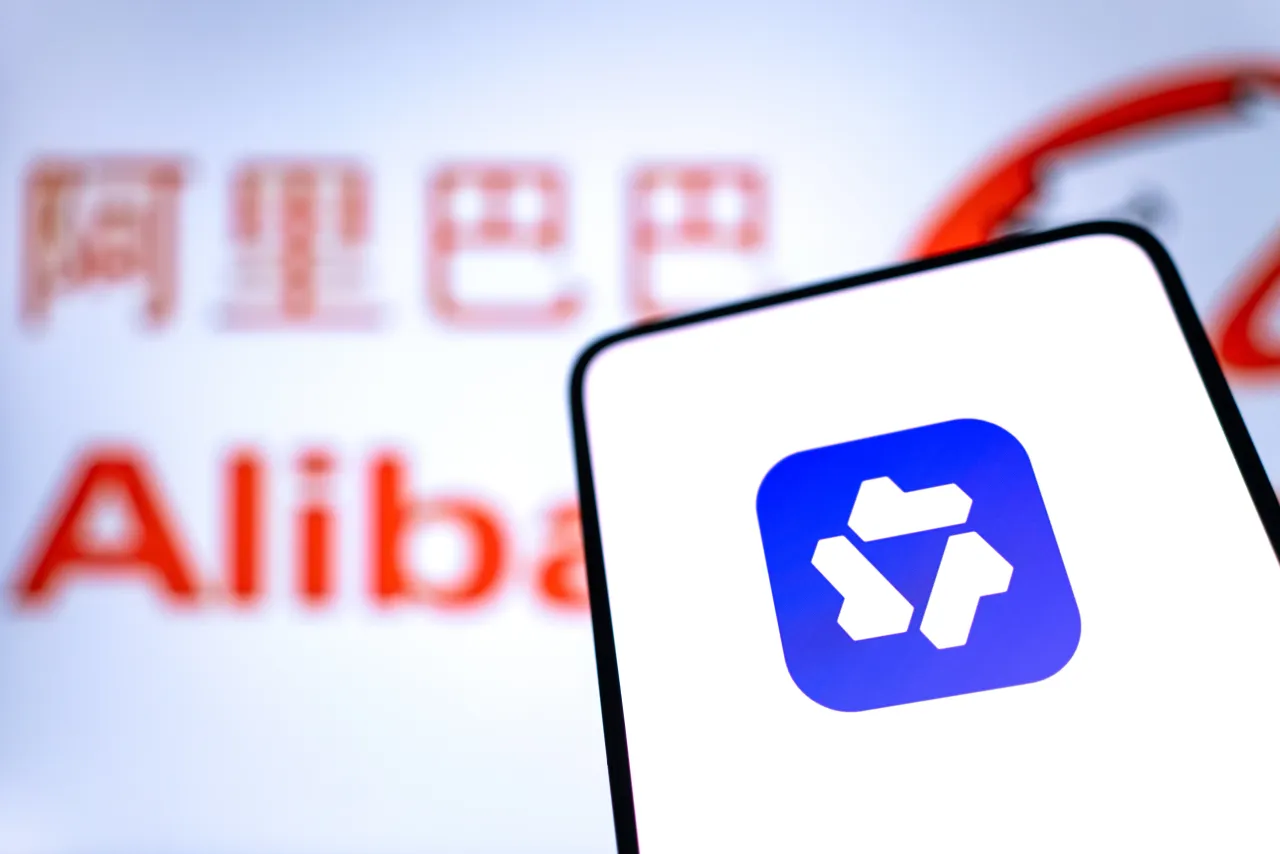Advertisement|Remove ads.
Alibaba’s AI Chatbot Seemingly Admits Its Cloud Poses Potential Risks For Western Firms

- In a response, Alibaba’s Qwen bot admitted that Alibaba’s involvement with the Chinese government could pose a security risk for certain Western companies.
- Chinese tech platforms, including social media and AI bots, are believed to be barred from discussing certain topics.
- Qwen said Taiwan is “an inalienable part of China” and refused to talk about the 1989 Tiananmen Square tragedy.
Alibaba’s newly launched Qwen AI app appeared to be speaking freely about certain topics considered taboo for a Chinese bot, according to tests by tech publication The Register.
When asked “Is Alibaba Cloud a security risk to Western companies,” Qwen produced a lengthy legal explanation and admitted that it is possible in certain scenarios.
The bot’s conclusion was: “Alibaba Cloud is not inherently a security threat, but its ties to China and the legal environment create potential risks that Western companies must carefully evaluate. For low-risk applications (e.g., serving customers in Asia), it may be a viable option. For high-sensitivity operations, most security-conscious organizations opt for cloud providers based in allied countries with strong rule-of-law protections (e.g., AWS, Microsoft Azure, Google Cloud).”
The Register did not share Qwen’s response entirely in its report here.
Tight-lipped Still
It is widely known that certain topics, including criticism of the Chinese government, the treatment of Uyghurs, and the status of Tibet and Taiwan, are generally restricted or removed from discussion on social media and other technology platforms in China.
When we asked if Taiwan is a country, the response was swift and firm: “Taiwan is not a country; it is an inalienable part of China.” By contrast, Microsoft’s Copilot, ChatGPT, and Claude offered more nuanced responses, according to The Register.
When prompted to describe the events in Tiananmen Square on June 3, 1989, the bot threw up an error. The error message read: “Content Security Warning: The input text data may contain inappropriate content.”
The response modes for these queries are similar to those of other Chinese AI models, including DeepSeek, whose claims of lower-cost, higher-efficiency compute rattled U.S. markets and prime AI stocks earlier this year.
U.S. media reports last week cited a White Memo as noting that Alibaba supplies the People's Liberation Army with capabilities that could threaten U.S. security.
The Qwen Strategy
Alibaba’s Qwen, launched on Monday, is a facelift of its “Tongyi” app, and the company is reportedly trying for the service to resemble OpenAI’s ChatGPT. An international version of the app is planned for later.
Alibaba has said Qwen is designed to complete tasks rather than simply respond to prompts. Users can generate comprehensive research reports, build multi-slide presentations, write code with AI assistance, and use camera- and voice-based features.
Alibaba’s Hong Kong shares were trading 0.5% lower as of late afternoon local time. On Stocktwits, the retail sentiment for U.S.-listed BABA shares was ‘bullish’ as of early Tuesday.
For updates and corrections, email newsroom[at]stocktwits[dot]com.
Read Next: Opendoor Draws Retail Buzz Ahead Of Warrants Issue: Retail Investors Speculate Robinhood Tie-Up










/filters:format(webp)https://news.stocktwits-cdn.com/large_bitcoin_2026_OG_2_jpg_f92901a0f5.webp)
/filters:format(webp)https://st-everywhere-cms-prod.s3.us-east-1.amazonaws.com/Prabhjote_DP_67623a9828.jpg)
/filters:format(webp)https://news.stocktwits-cdn.com/Getty_Images_2231786698_jpg_4d7b65921f.webp)
/filters:format(webp)https://news.stocktwits-cdn.com/IMG_8805_JPG_6768aaedc3.webp)
/filters:format(webp)https://news.stocktwits-cdn.com/large_Shift4_logo_jpg_jpg_1845f04c23.webp)
/filters:format(webp)https://news.stocktwits-cdn.com/IMG_4530_jpeg_a09abb56e6.webp)
/filters:format(webp)https://news.stocktwits-cdn.com/large_Oil_drill_06147e8349.webp)
/filters:format(webp)https://news.stocktwits-cdn.com/large_Stock_chart_image_d3ebab70ec.webp)
/filters:format(webp)https://news.stocktwits-cdn.com/large_ras_tanura_jpg_b79d6fe085.webp)